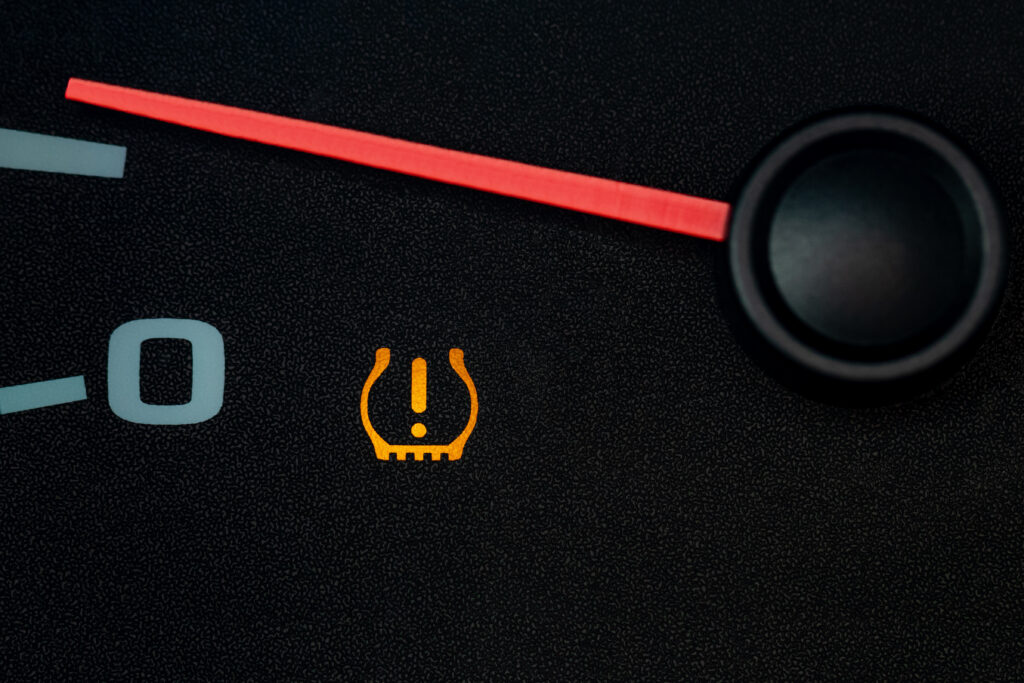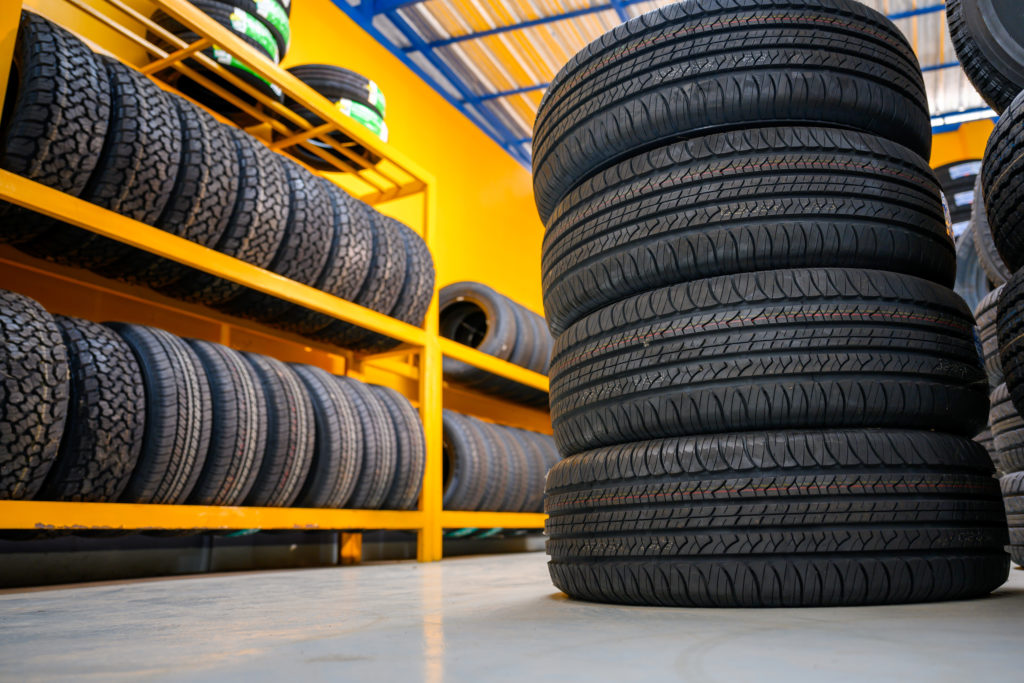Modern cars and trucks are loaded with features that make driving safer and maintenance easier. One of these features is the tire pressure monitoring system (TPMS), which lets you know when your tire pressure drops below or exceeds the set level. Most vehicles have an indirect TMPS, which means the TPMS relies on information from other systems to monitor the tire pressure. To get an accurate read on the tire pressure, these systems must be calibrated correctly, so you need a reliable tire shop in MA when you need new tires.

Let’s take a look at the systems that work together for an indirect TPMS to monitor tire pressure.
Wheel Speed Sensors
Indirect TPMS uses wheel speed sensors to detect variations in wheel rotation. These sensors are already part of the vehicle’s anti-lock braking system (ABS), and so are already sending information to the onboard computer or control module. To detect if there is a change in the tire pressure, the TPMS compares the rotational speeds of each wheel. When a tire loses pressure, its diameter increases, changing the wheel’s rotational speed.
Threshold Detection
A change in tire pressure is not the only thing that can change a wheel’s rotational speed. For example, simply making a turn can affect the rotational speed. To account for these variations, the TPMS sets a threshold for acceptable differences in rotational speed. It only sends a signal if the wheel speeds stray outside of the acceptable range.
Limitations and Calibration
Because an indirect TPMS relies on other data to estimate the tire pressure, it does have some limitations and is prone to errors. It is not as precise as a TPMS that directly monitors the pressure from within each tire. Different wheel sizes, road conditions, and driving habits can all affect the wheels’ rotational speeds and cause a false reading. Errors that the system accounts for can also add up over time, triggering a tire pressure warning when the pressure is actually fine. To limit instances of false pressure warnings, you or your mechanic needs to calibrate the TPMS after replacing or rotating the tires.

Tire Shop MA | Framingham Tire, Auto & Truck Repair
When you need tire experts in Massachusetts, you need our team at Framingham Tire. We’ve been doing this for over 30 years and have a reputation for being a reliable tire shop in MA. We handle personal and commercial vehicle repairs and offer fleet services.





















